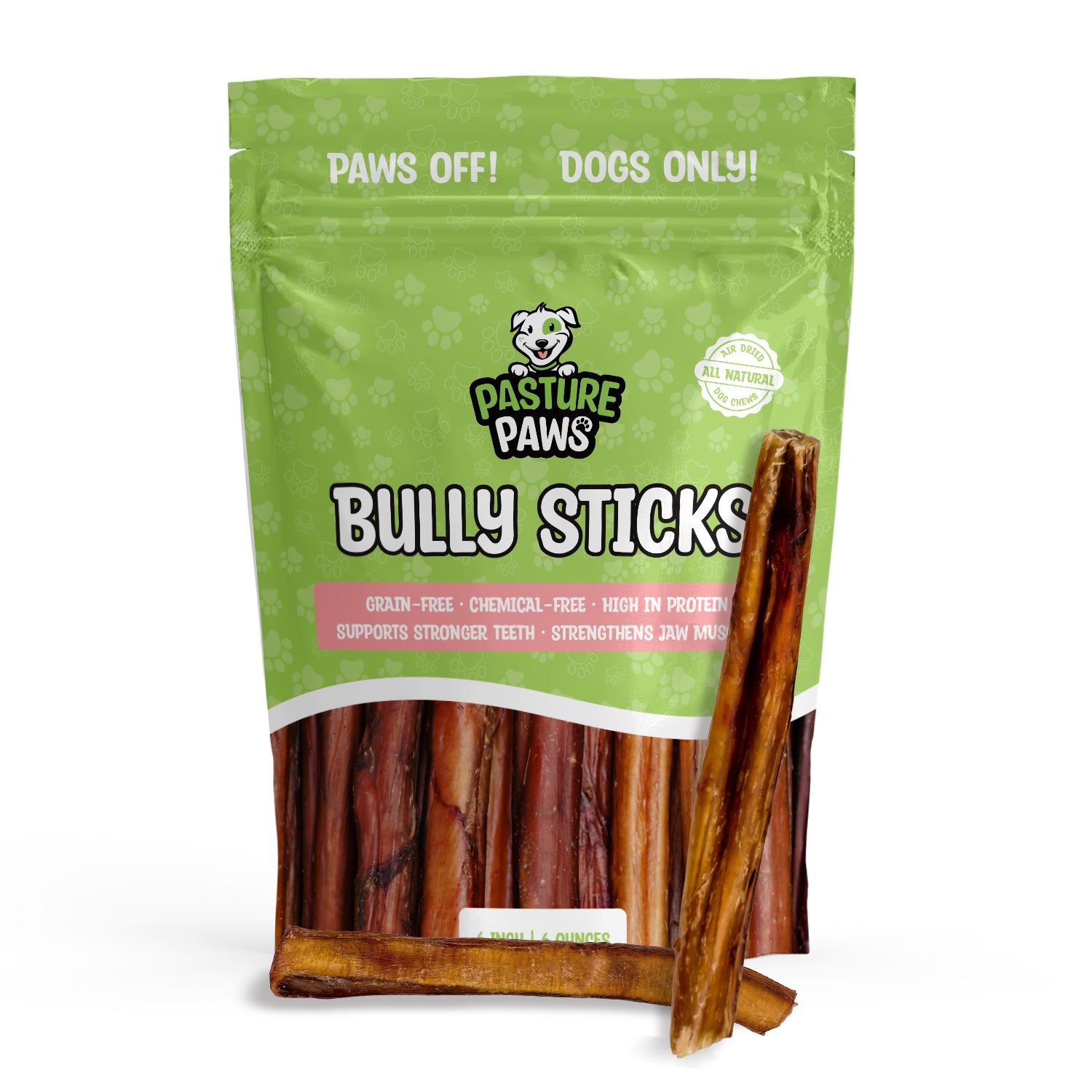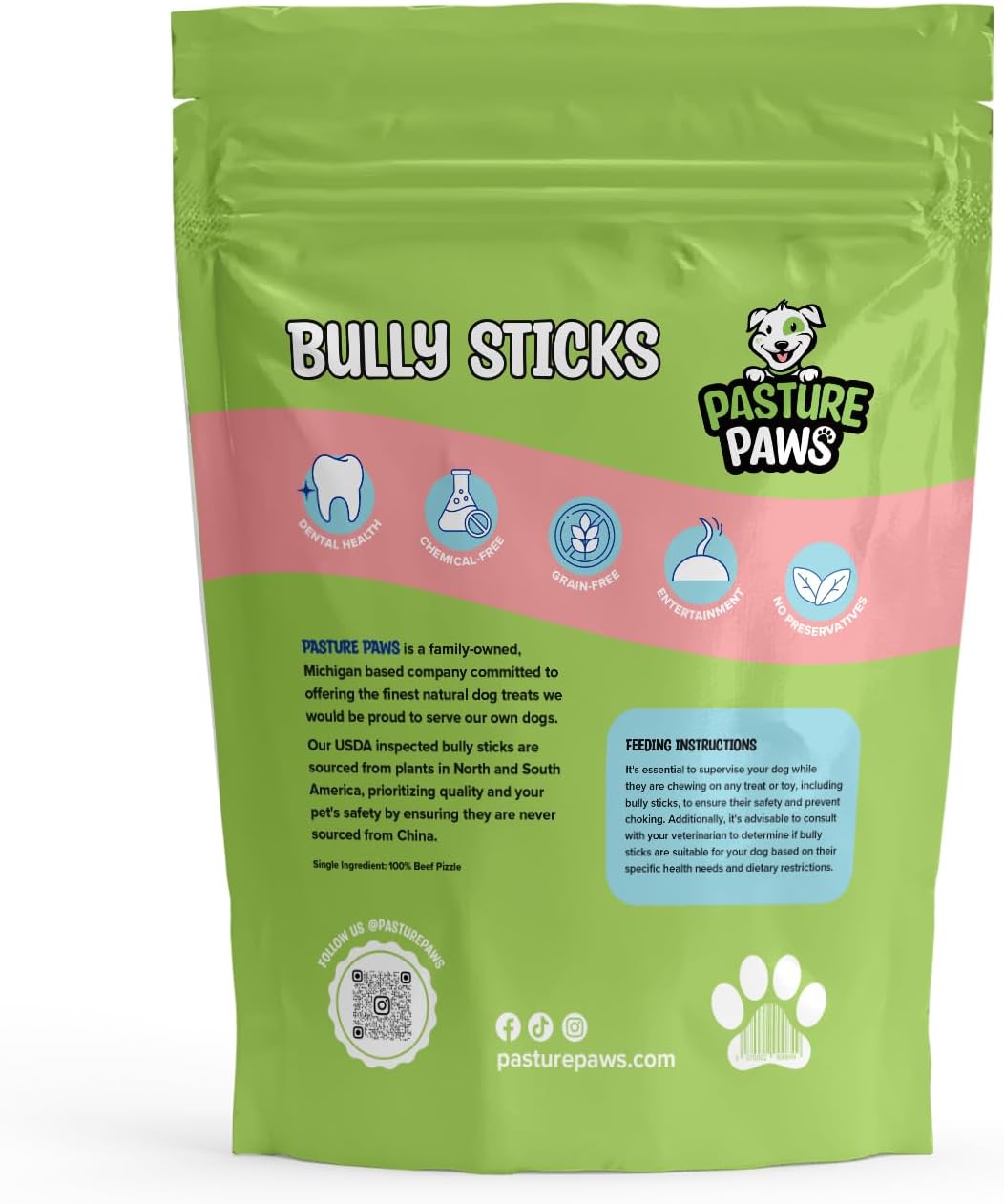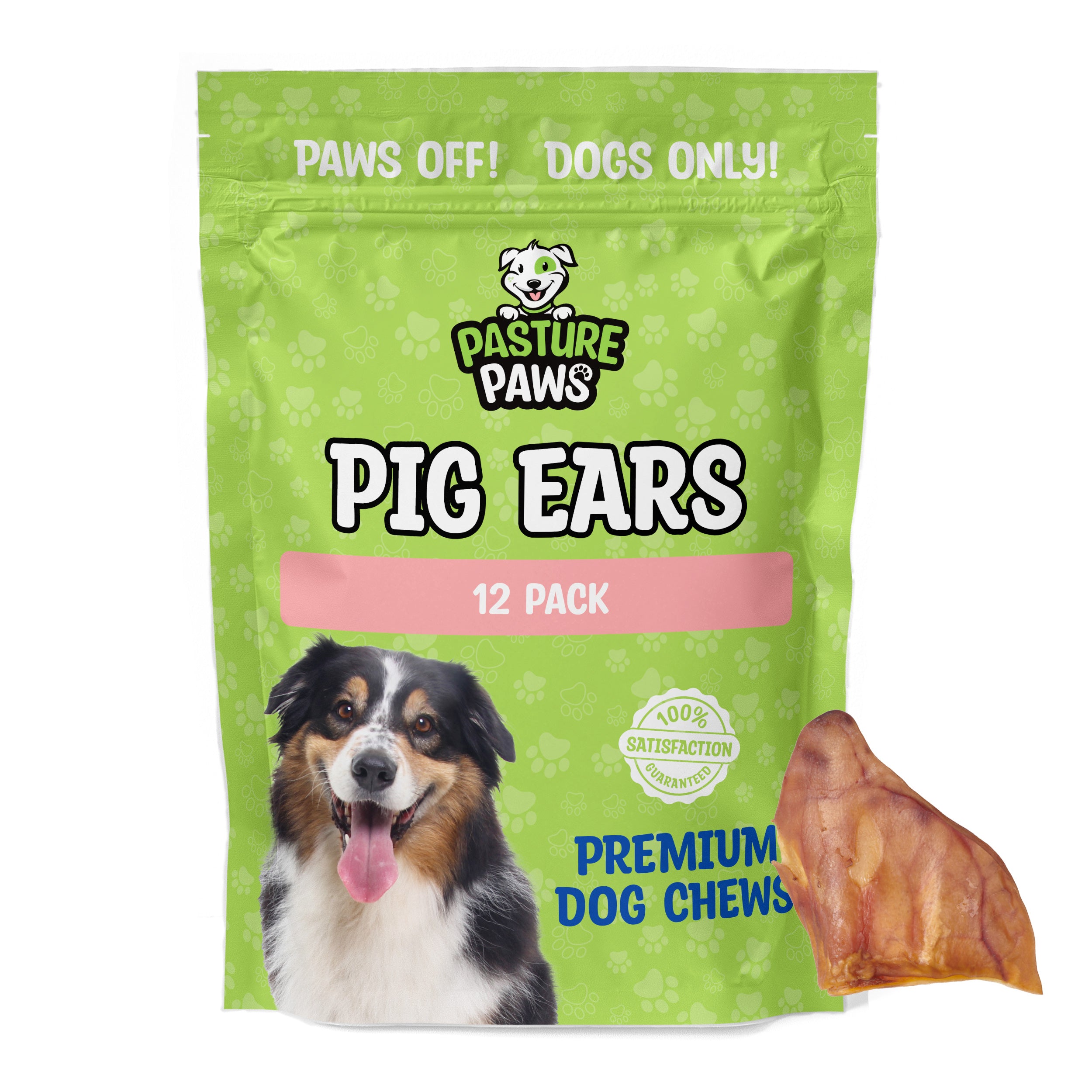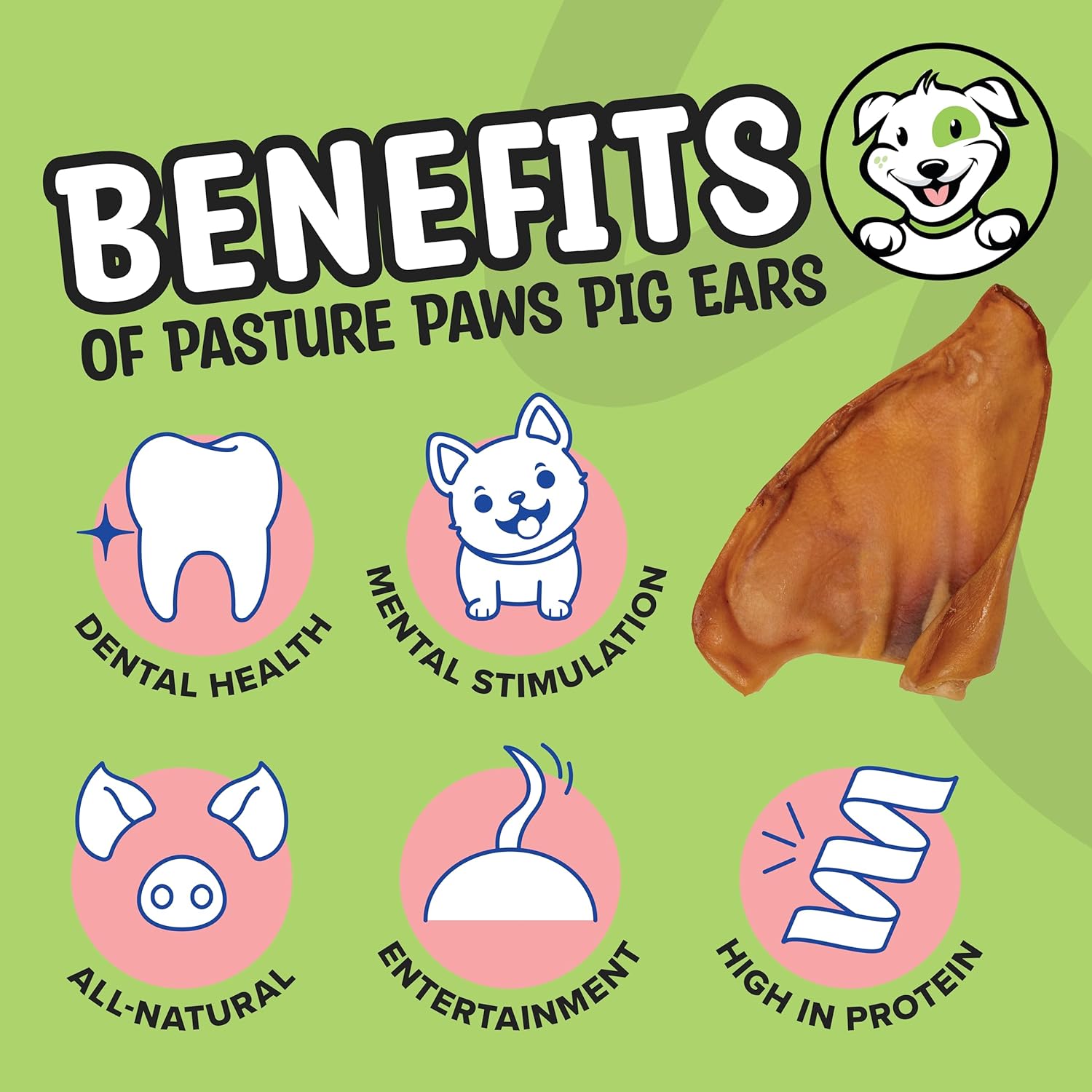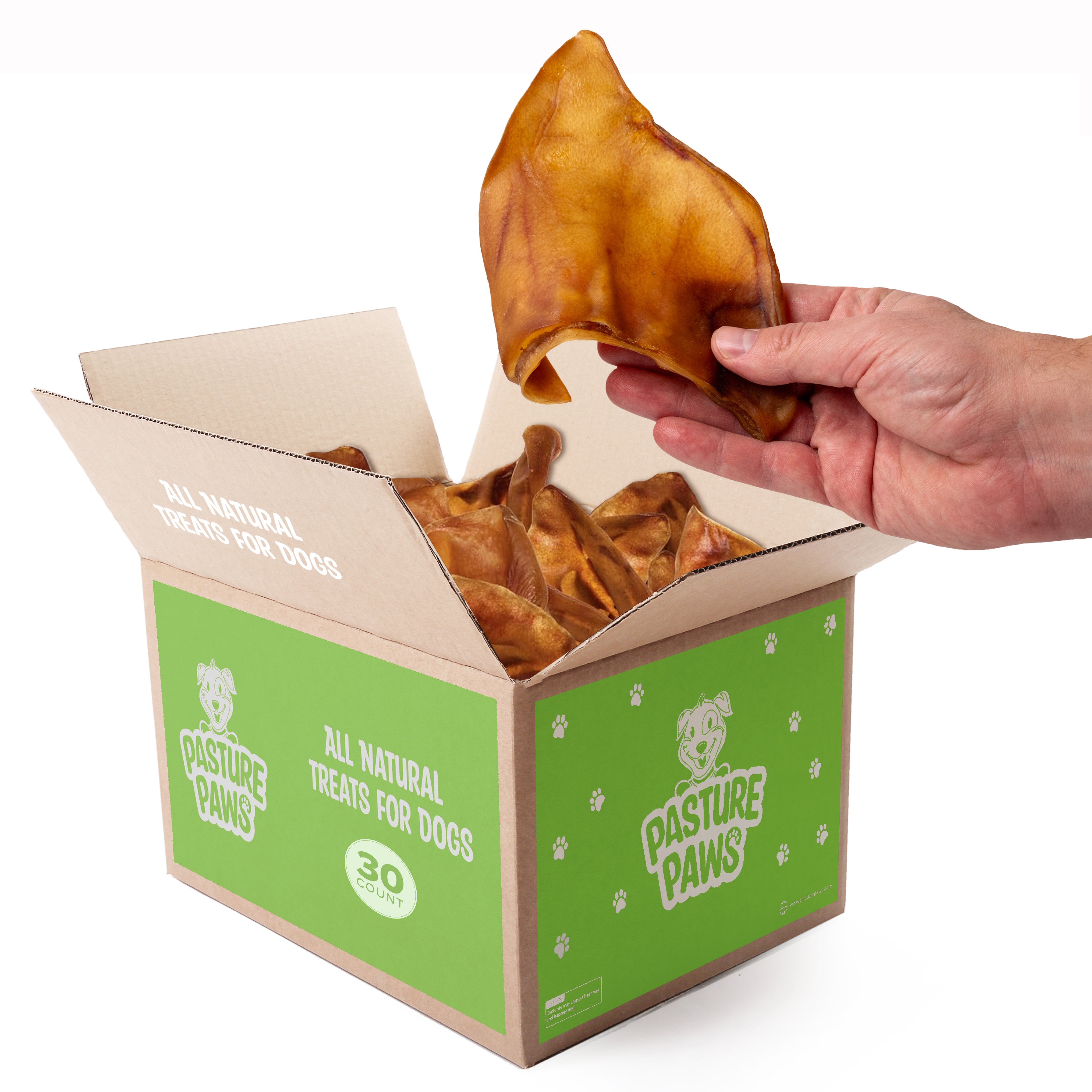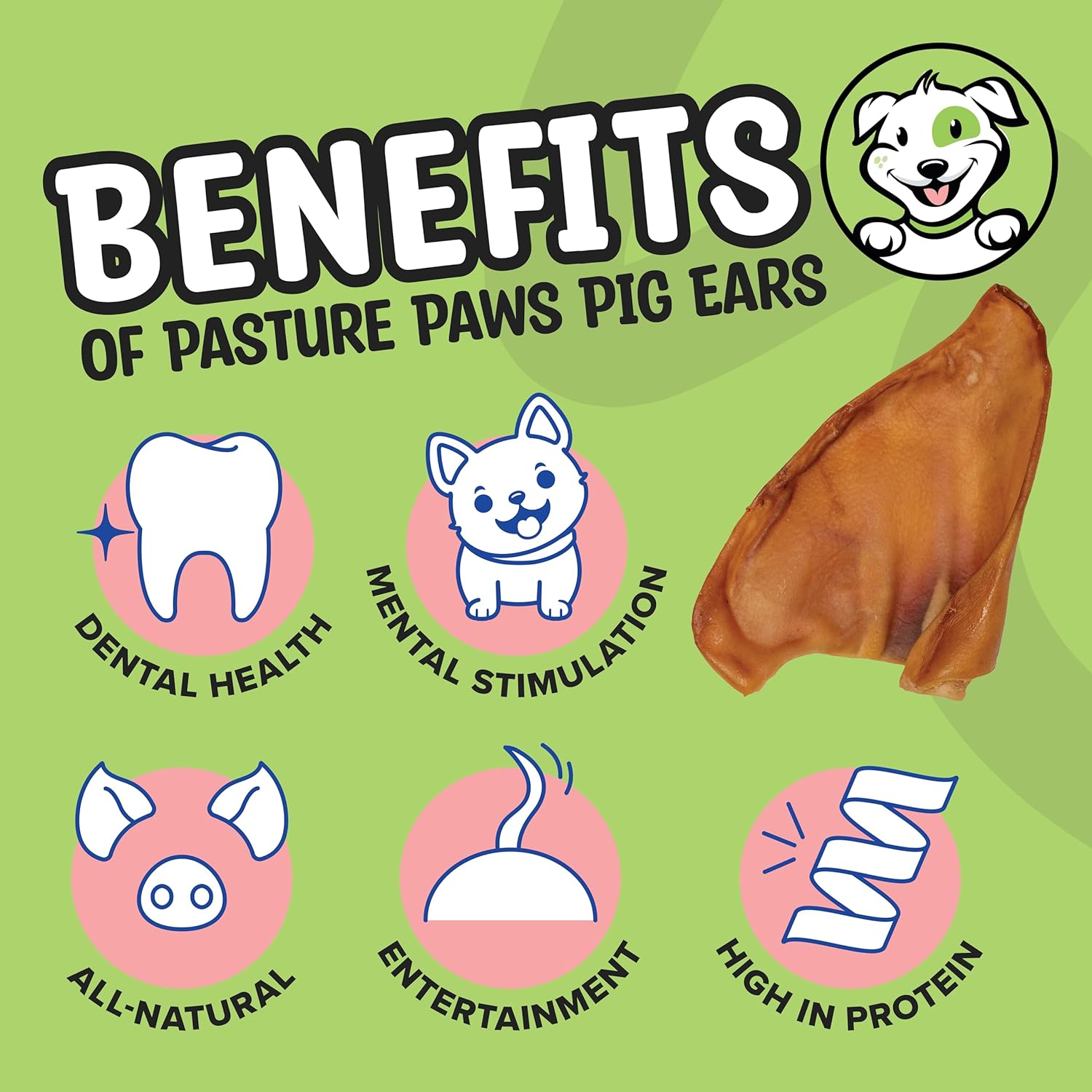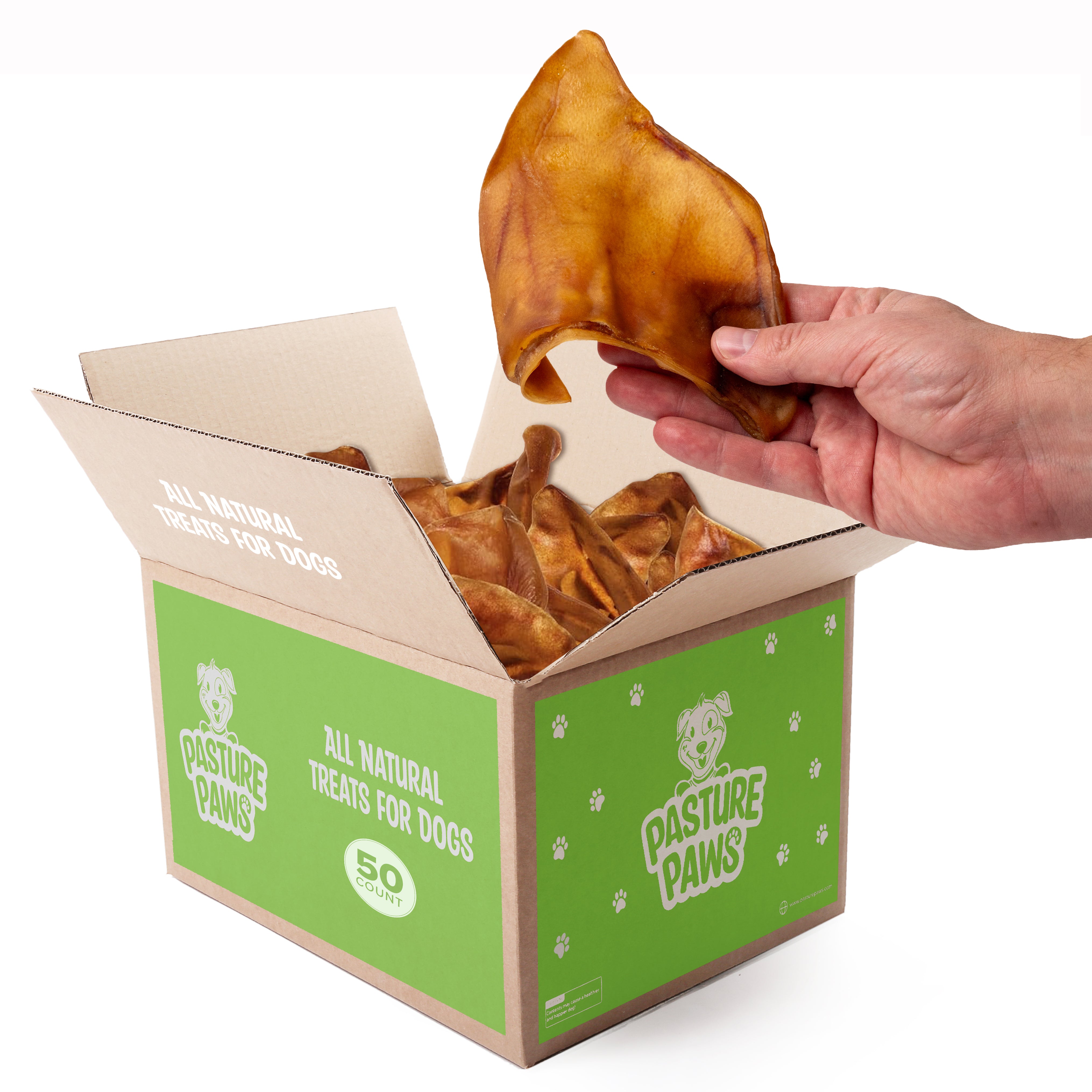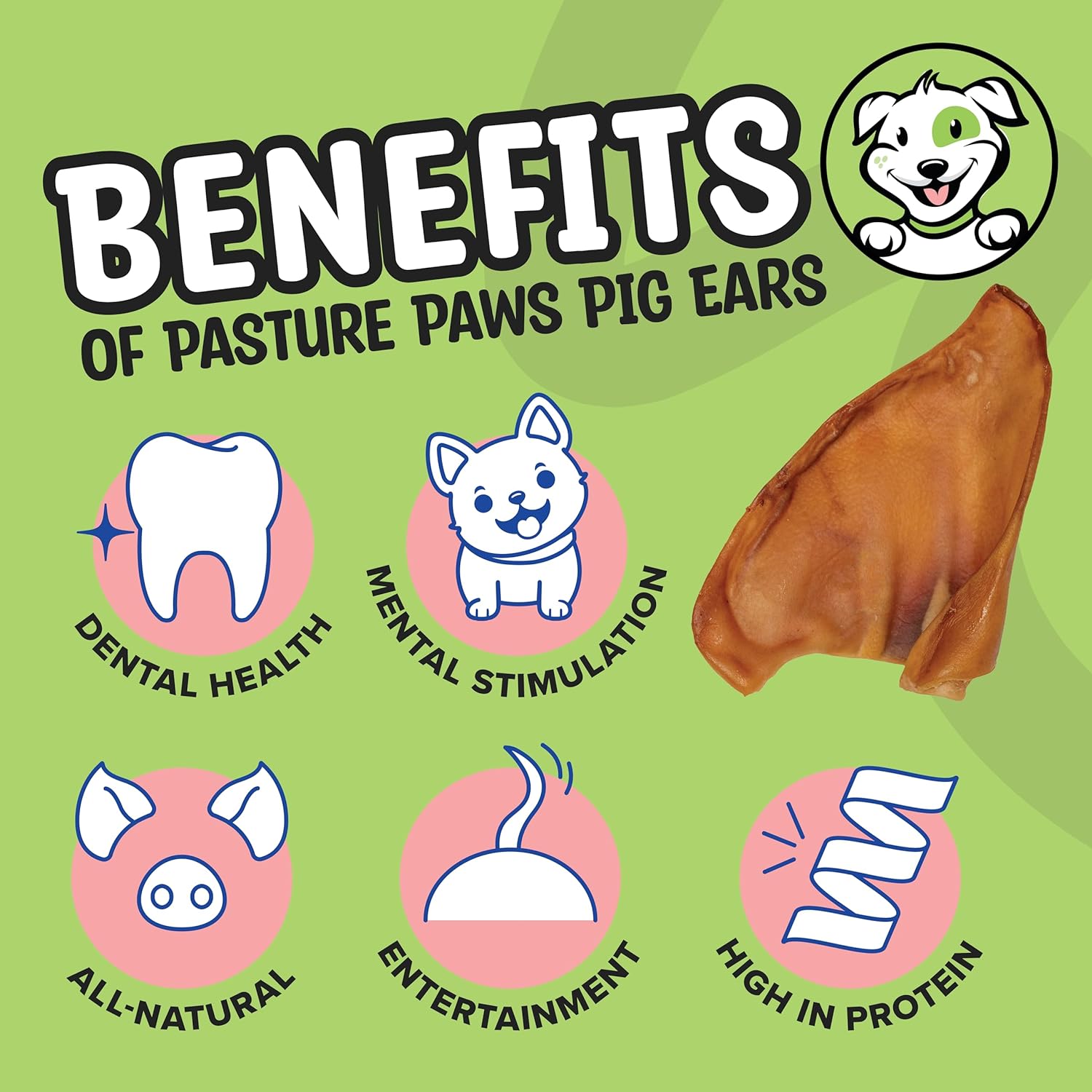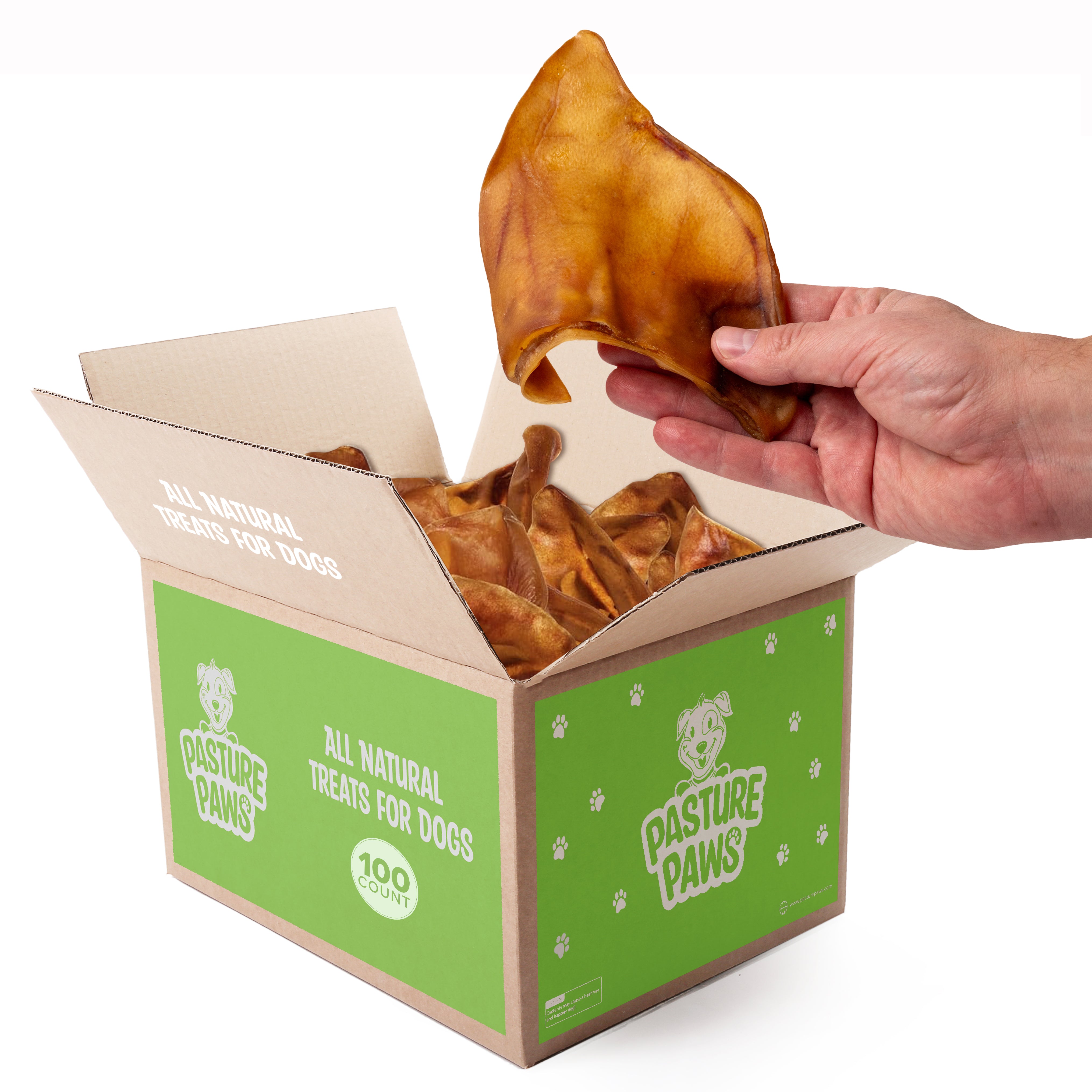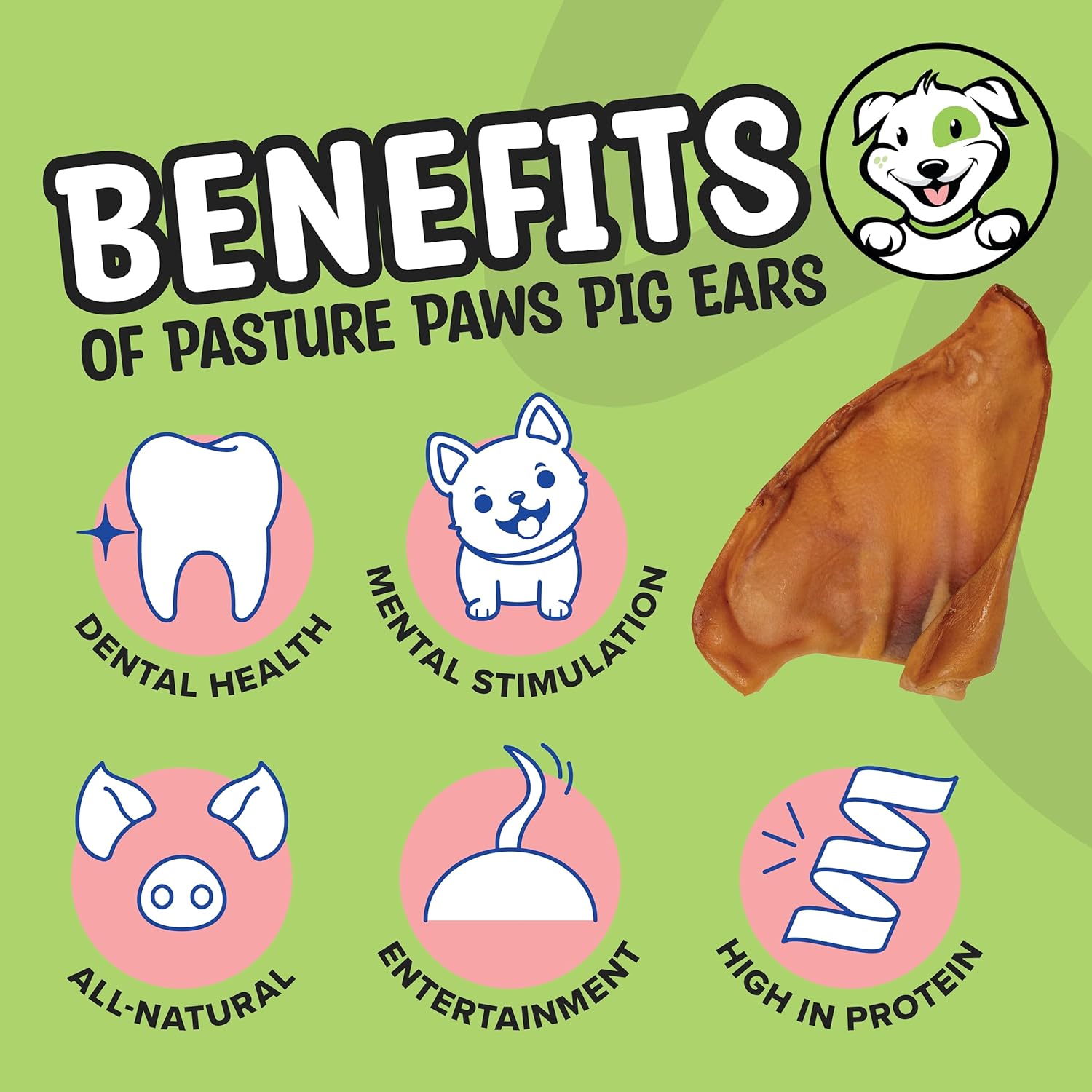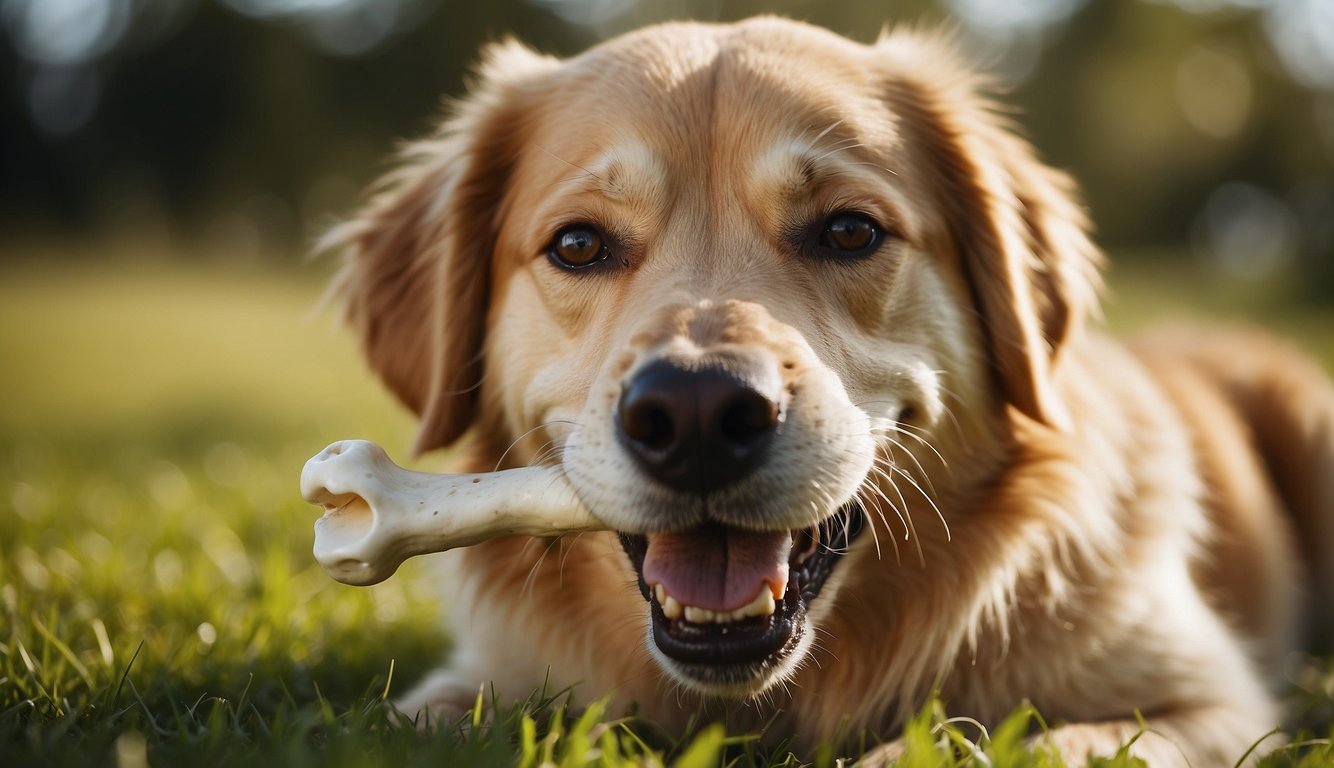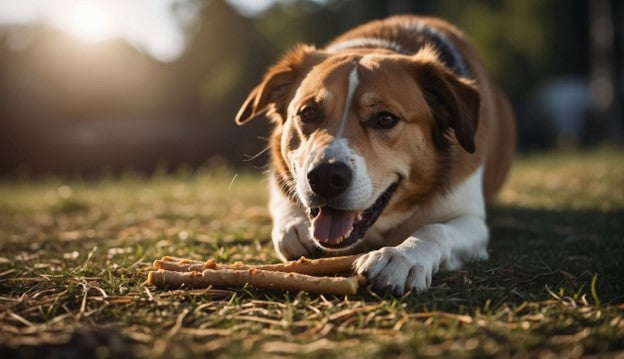Finding the right dog bones for your pet is essential for their health and happiness. The best dog bones offer benefits like improving dental health, providing mental stimulation, and satisfying your dog’s natural urge to chew.
With so many options available, it can be overwhelming to choose the right one.
Additionally, dog bones can keep your furry friend entertained, preventing boredom and destructive behavior when you are not home.
In this article, you will learn about various types of dog bones that are safe and beneficial for your pet. We will explore different options, their ingredients, and how they can enhance your dog's chewing experience while promoting overall well-being.
Understanding Dog Bones

Dog bones serve as a natural treat and chew toy for your pet. They can offer enjoyment while also contributing to your dog's health.
Knowing the types, ingredients, and safety issues around dog bones will help you make informed choices.
Types of Dog Bones
There are various types of dog bones to consider. Some popular choices include:
- Rawhide: Made from the skins of cattle, they're chewy and long-lasting but can pose risks if ingested in chunks.
- Nylabone: These synthetic bones are great for heavy chewers and come in many flavors. They won't splinter but may wear down over time.
- Edible Bones: These are meant to be consumed and come in forms like bully sticks or bones made from bison and turkey. They provide protein and other nutrients.
- Elk Antler: A natural choice that is rich in minerals like calcium and phosphorus. Elk antlers last long and don't splinter easily.
Choosing the right type depends on your dog's size, chewing habits, and dietary needs.
Ingredients and Nutritional Value
When selecting dog bones, check the ingredients for nutrition. Look for bones that provide essential nutrients.
Focus on those high in:
- Protein: Supports muscle health and energy.
- Calcium: Important for strong bones and teeth.
- Phosphorus: Works with calcium for bone health.
- Vitamins: Some bones offer additional vitamins to help your dog's immune system.
Always consider the calorie content, as some bones can be high in calories. A balance between treats and regular food is important to maintain your dog's health.
Safety and Risks
While dog bones can provide enjoyment, they also come with safety risks. Here are some key concerns:
- Choking: Dogs can choke on pieces that are too small or not easily chewable.
- Splintering: Cooked bones can splinter, leading to serious injuries. Stick to raw bones or specific chew toys designed to be safe.
- Gastrointestinal Obstruction: Ingesting large pieces can block the intestines, which is dangerous and may require surgery.
- Bacterial Risks: Raw bones may carry bacteria like E. coli, so proper handling is essential.
Awareness of these risks will help you choose safer options for your dog. Always supervise chewing and consult your vet for specific recommendations.
Selecting the Right Bone for Your Dog

Choosing the right bone for your dog depends on two main factors: their size and breed, and their chewing behavior and preferences.
Each dog is unique, so understanding these aspects can help you find the best bone that will keep them entertained and safe.
By Size and Breed
When selecting a dog bone, consider your dog's size and breed.
Small dogs, like Chihuahuas, may need softer, smaller bones to avoid choking hazards. Look for options like small chew treats that are easy for them to manage.
In contrast, large breeds, such as Great Danes or Mastiffs, can handle more robust bones, such as large marrow bones or pork feet. These bones are sturdier and can withstand aggressive chewing.
Always match the bone's size and hardness to your dog's jaw strength to prevent any risk of injury.
Chewing Behavior and Preferences
Your dog's chewing behavior is crucial in picking the right bone.
If your dog is an aggressive chewer, you should look for bones made from durable materials that can withstand heavy use. Hard options, like bully sticks or yak chews, may be suitable.
Consider your dog's flavor preferences as well.
Some dogs may prefer chicken-flavored treats, while others enjoy peanut butter or beef flavors. Offering a variety can keep your pet engaged.
Additionally, different dogs have varying instincts when it comes to chewing. Some may chew to relieve boredom, while others may enjoy it for its flavor. Understanding these traits will help you choose a bone that fulfills their needs and keeps them happy.
Top Rated Bones for Dogs
Choosing the right bones for your dog can significantly improve its health and enjoyment. Here are some of the top-rated options, focusing on quality and safety.
6" Natural Pork Femur
The 6" Natural Pork Femur is a popular choice among dog owners.
This bone is made from high-quality pork and provides a satisfying chewing experience for your dog.
The natural marrow inside is rich in nutrients, helping to support your dog's overall health. Additionally, chewing on this bone promotes dental health by reducing plaque and tartar buildup.
It’s essential to supervise your dog while it enjoys this bone. This ensures that the dog doesn’t break off large pieces.
You can find similar natural options at outlets that specialize in dog chews, like Natural Bully Sticks.
5-6" Stuffed Shin Bones (3 Pack)
The 5-6" Stuffed Shin Bones come in a convenient three-pack, making it easy to keep your dog entertained.
These bones are filled with a tasty stuffing that will keep your dog engaged for longer periods.
Made from natural ingredients, they provide a rich source of protein. The shin bones are also durable, allowing for extended chewing sessions without breakage.
These bones are an excellent option if your dog needs something to gnaw on for stress relief. Always ensure your dog is supervised while chewing to prevent choking hazards.
2-3" Stuffed Shin Bones (6 Pack)
If you’re looking for smaller options, the 2-3" Stuffed Shin Bones in a six-pack are perfect for small to medium-sized dogs.
These bones offer the same rich stuffing and protein source as their larger counterparts but in a more manageable size for smaller pups.
The compact size helps promote healthy chewing behavior while satisfying your dog’s desire to chew. This can help keep your dog calm and prevent destructive behaviors.
As with any bone, supervision is key to ensure safety. This pack provides great value for owners with multiple dogs or those who require a variety of treats.
Dental Health and Hygiene with Dog Bones

Maintaining your dog's dental health is essential for their overall well-being. Chewing bones can provide various benefits for their teeth and gums. Understanding these advantages can help you better choose your pet's dental care.
Benefits of Chewing Bones
Chewing bones help remove plaque and tartar buildup on your dog’s teeth. This action scrapes away the sticky film formed by bacteria, preventing dental issues.
Consider these benefits:
- Strengthens Teeth: Regular chewing can make teeth stronger.
- Freshens Breath: Chewing bones can help neutralize bad odors in the mouth.
- Stimulates Gums: The pressure from chewing promotes blood circulation in the gums, leading to healthier tissue.
Not all bones are safe, so choose those made specifically for dogs. Look for dental chews designed to support dental hygiene without causing broken teeth.
Avoiding Dental Diseases
Dental diseases, like gum disease and tooth decay, can significantly affect your dog's health. To prevent these issues, focus on both chewing and regular dental care.
Key strategies include:
- Regular Veterinary Check-ups: Schedule annual teeth cleanings and dental exams.
- Quality Chews: Choose bones or dental chews that promote oral health without being too hard.
- Daily Cleaning: Brush your dog’s teeth with approved toothpaste to reduce plaque buildup.
By combining bone chewing with proper dental care, you can help ensure your dog's teeth and gums remain healthy.
Safe Bone Consumption Practices

Feeding your dog bones can be a fun activity, but it’s important to follow safety practices. This ensures your dog enjoys their chew without risk of injury. Knowing what to feed and how to supervise can help prevent issues.
Feeding Bones to Your Dog
When giving bones to your dog, always choose the right type.
Raw bones are generally safer than cooked ones. Cooked bones can splinter, causing choking or internal injury. Some safe options include:
- Raw beef bones
- Raw chicken necks
- Raw lamb bones
These bones are not only less likely to splinter, but they also provide important nutrients.
Always select an appropriate size for your dog to avoid choking. Small dogs should opt for smaller bones, while large dogs can handle bigger bones.
Always supervise your dog while they chew.
Monitoring and Intervention
Constant supervision is crucial when your dog is enjoying a bone.
Look for signs of splintering or excessive chewing. If you notice any issues, take the bone away immediately.
You should also be aware of choking hazards.
A good practice is to watch your dog as it chews. If it seems to be struggling, intervene quickly.
If your dog experiences any distress, contact your veterinarian.
It is also important to regularly assess the condition of the bones. Don't hesitate to remove any bone that appears damaged or unsafe.
Natural and Artificial Dog Bones

When choosing a bone for your dog, you should consider both natural and artificial options. Each type has its own benefits and potential drawbacks that can affect your dog's health and happiness.
All Natural Options
Natural dog bones are often made from real meat or animal parts. Common choices include bison, turkey, or elk antler. These options tend to have no added preservatives, making them healthier for your pet.
Many natural bones contain beneficial nutrients. Marrow bones, for example, are rich in calcium and vitamins.
Plain rawhide is another popular choice but can be challenging to digest. Always look for high-quality, all-natural ingredients to ensure your dog gets the best. Be cautious with treats that include artificial preservatives, as these can lead to digestive issues.
Artificial Bone Alternatives
Artificial bones are typically made from synthetic materials, such as nylon or plastic, and provide a long-lasting chew.
While artificial bones can be safe, they may not provide the same nutritional benefits as natural ones. Some dogs can chew through these quickly, leading to potential hazards. Ensure your chosen bone is appropriate for your dog's size and chewing strength.
Always supervise your dog with any chew toy, whether natural or artificial. Check for wear and tear, as worn items can pose choking risks. Picking the right option can help keep your dog engaged and healthy.
Quality and Brand Considerations for Dog Bones
When selecting the best dog bones, it's important to consider the product's quality and the brand's reputation. Trusted brands often have a track record of safety and effectiveness. Evaluating product reviews can also give you insight into what other dog owners have experienced.
Trusted Brands and Products
Well-known brands tend to offer reliable products. Pasture Paws is recognized for durability, especially for aggressive chewers. Their Safe Chew Bones For Dogs is highly recommended for promoting oral health.
Pasture Paws dental bones stand out for tooth-cleaning benefits and healthy ingredients, containing no wheat, corn, or soy.
Choosing products from Pasture Paws ensures quality, which is vital for your dog's health.
Analyzing Product Reviews
Reading product reviews is essential to understanding how well a dog bone performs in real-life situations. Look for specific feedback regarding taste, digestibility, and durability.
For instance, many owners praise Pasture Paws Dental Bones for being healthy and tasty. Similarly, Pasture Paws dog chew bones received positive comments for their meaty flavor.
Watch for common issues, such as dogs not enjoying a particular product. Evaluating both positive and negative reviews provides a well-rounded perspective.
Make sure to consider the number of reviews as well. A product with many positive reviews is often a safer choice. You can find the best dog bones for your pet by focusing on trusted brands and thorough reviews.
Nutrition and Health Benefits of Dog Bones

When choosing dog bones, it's important to consider their nutritional value. The right bones can provide essential vitamins and minerals, along with aiding in your dog's digestive health and calorie regulation.
Essential Vitamins and Minerals
Dog bones can be a good source of important nutrients. They provide minerals such as calcium and phosphorus, vital for strong bones and teeth.
- Calcium helps in bone development and supports muscle function.
- Phosphorus plays a role in energy production and is essential for cell function.
Some bones also contain collagen, promoting joint health and skin quality. High-protein options, like bully sticks or yak chews, can contribute to muscle maintenance. Choosing bones with natural ingredients means they are often gluten-free and more digestible, which benefits your dog’s health.
Digestive Health and Caloric Intake
The right bones support your dog's digestive system. They can help clean your dog's teeth by scraping away plaque, which leads to better oral health.
Many bones are low in calories yet high in protein, making them a good treat option.
- Treats like raw, meaty bones provide protein without excessive calories.
- Chew bones also encourage chewing, which helps to prevent boredom and encourage healthy digestion.
Always monitor your dog's caloric intake from treats. Too many can lead to weight gain. It's best to balance bones with your dog’s regular diet to ensure they stay fit and healthy.
Dog Bone Safety
Choosing the right dog bone is important for your pet's well-being. You need to understand the potential hazards of certain bones and how to supervise your dog while they chew. Here are some important points to keep in mind.
Identifying Hazards
When selecting dog bones, be aware of several risks. Splintering is a major concern; some bones can break into sharp pieces, posing choking hazards or causing injury to the mouth and throat.
Choking is another risk. Always choose bones that match your dog's size to prevent them from swallowing large chunks.
Bacteria can also be a problem. Raw bones may carry germs that cause diarrhea or more serious illnesses.
Look for warnings from veterinarians. Many recommend avoiding certain types of bones, especially raw ones, due to these potential dangers. Always do research and choose products that are deemed safe.
Best Practices for Supervision
Always supervise your dog while they enjoy their chew. This is a key safety tip. Watch for signs of distress, like coughing or difficulty breathing. If your dog is having trouble, take the bone away immediately.
Establish a safe chewing environment. Keep small children away and ensure your dog is in a quiet space without distractions.
Consider timing as well. Set limits on how long your dog can chew to prevent wear on their teeth and reduce risks.
Regularly inspect bones for any signs of splintering or excessive wear. If a bone becomes damaged, it’s best to discard it. Your diligence will help keep your dog safe.
Conclusion
Choosing the best dog bones requires understanding what is safe and enjoyable for your furry friend. Look for options that are high in protein and easy to digest.
When selecting bones, avoid cooked bones, as they can splinter, and always supervise your dog while they enjoy their treat to prevent choking.
Make sure to introduce new bones gradually and monitor how your dog reacts, adjusting as needed to ensure their enjoyment and safety. Remember to rotate different types of bones to keep your dog interested; a varied diet contributes to their overall health. With careful selection, you can find the perfect bone for your dog’s chewing needs.
Explore our selection at Pasture Paws and discover the perfect treats to keep your pup happy and healthy today!
Frequently Asked Questions
When selecting the best dog bones, there are several key factors to consider. This includes recommendations from veterinarians, safety for smaller breeds, and options for aggressive chewers. Understanding these topics can help you make informed choices for your dog's health and happiness.
What types of bones do veterinarians recommend for dogs to chew on?
Veterinarians often recommend raw bones, such as beef or lamb bones, because they are soft and less likely to splinter. Avoid cooked bones, as they can break and cause injuries. Look for bones that match your dog's size to ensure safety.
What are the safest chew bones for small dog breeds?
For small dogs, softer bones like chicken necks or pork femur bones are safe choices. These bones are less likely to pose choking hazards. Always supervise your dog while they chew to ensure they are safe.
How can I choose the best raw bones for my dog's dental health?
Select raw bones that are firm yet slightly pliable. Bones like beef knuckles or marrow bones can help clean your dog's teeth as they chew. Regular chewing on these bones can promote better dental hygiene by reducing plaque and tartar build-up.
What are the top natural bone options for dogs?
Some great natural bone options include stuffed shin bones, rawhide rolls, and pork femur bones. These bones are not only nutritious but also provide essential minerals. They can be found in pet stores or through specialty suppliers.
Which dog bones are suitable for aggressive chewers?
For aggressive chewers, look for durable options like nylon bones or strong rubber toys. These are designed to withstand heavy chewing. Always inspect toys regularly for signs of wear and replace them as needed.
What are the healthiest chewable treats for a dog's diet?
Healthy chewable treats include dental chews made from natural ingredients. Low-fat options like sweet potato chews are also a good choice. These alternatives can provide a tasty snack without harming your dog's diet. Always check the ingredient list to ensure they are healthy choices.
